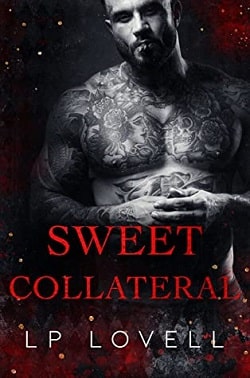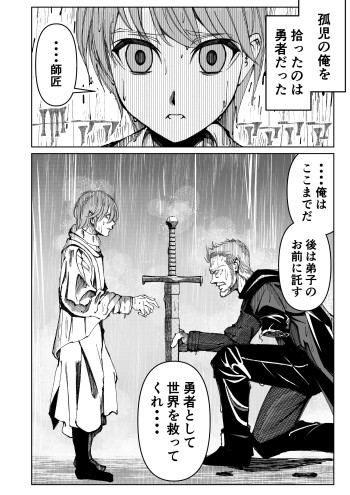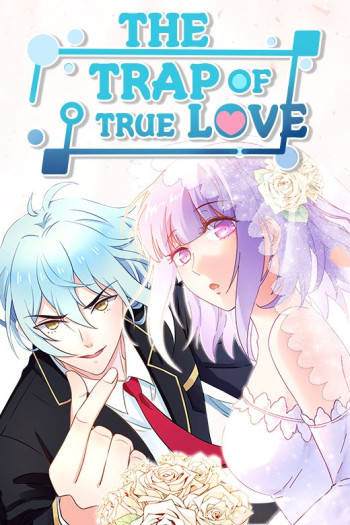Summary

Sweet Collateral
by L.P. Lovell
Anna
I'm a whore. A slave. A possession.
Freedom is so close I can almost taste it, only to have it snatched away under the guise of protection. A gilded cage is still a cage. Rafael D'Cruze is a bad man. I hate him, so why do I feel safe with him?
Rafael
She's a favor. A pretty slave. Sweet collateral.
I have no interest in Anna beyond keeping her alive for the man who now owns her and paying off a debt. And yet, I'm fascinated by the little slave. I find myself willing to bleed for a willing touch, a trusting glance...
A broken little bird. The big bad wolf. A longing that could heal or destroy.
Hate me or hold me?
.
Read
Sweet Collateral on http://kissnovel.net
Martial Peak Reviews
Sweet Collateral by L.P. Lovell is a gripping tale that delves into the dark and often disturbing world of human trafficking, love, and the complexities of power dynamics. The narrative unfolds through the eyes of Anna, a young woman trapped in a life of servitude, and Rafael D’Cruze, the enigmatic man who becomes her reluctant protector. This novel is not just a story of survival; it is a profound exploration of the human condition, the struggle for freedom, and the intricate dance between hate and love.
From the outset, Lovell immerses readers in Anna’s harrowing reality. She is not merely a victim; she is a complex character grappling with her identity and desires. The blurb succinctly captures her plight: “I’m a whore. A slave. A possession.” These words resonate throughout the book, highlighting her struggle against the confines of her existence. Lovell’s portrayal of Anna is both heartbreaking and empowering. As she navigates her feelings of hatred towards Rafael, she simultaneously grapples with an inexplicable sense of safety in his presence. This duality is a recurring theme in the novel, prompting readers to question the nature of freedom and the psychological impacts of captivity.
Rafael, on the other hand, is a character shrouded in moral ambiguity. Initially presented as a “bad man,” his motivations are gradually revealed, adding layers to his character. He is not merely a villain; he is a man burdened by his own demons and obligations. The phrase “a pretty slave. Sweet collateral” encapsulates his initial view of Anna, yet as the story progresses, it becomes evident that his fascination with her transcends mere possession. Lovell expertly crafts Rafael’s character arc, transforming him from a figure of oppression to a potential savior, albeit one with his own flaws and vulnerabilities.
The relationship between Anna and Rafael is at the heart of Sweet Collateral. Lovell navigates the complexities of their bond with sensitivity and depth. The tension between hate and love is palpable, creating a push-and-pull dynamic that keeps readers engaged. Anna’s internal conflict—her desire for freedom juxtaposed with her growing attachment to Rafael—adds a rich layer to the narrative. Lovell does not shy away from exploring the psychological ramifications of their situation, making it clear that love can emerge from the most unlikely circumstances, but it can also be fraught with danger.
One of the most striking aspects of Lovell’s writing is her ability to evoke empathy for both protagonists. Readers may find themselves torn between their disdain for Rafael’s initial actions and their understanding of his complicated nature. This moral ambiguity is reminiscent of works by authors like Colleen Hoover and Tarryn Fisher, who similarly explore the intricacies of love and trauma. However, Lovell’s approach is distinct in its rawness and unflinching portrayal of the darker aspects of human relationships.
Thematically, Sweet Collateral tackles issues of power, control, and the quest for autonomy. Anna’s journey is not just about escaping her physical chains but also about reclaiming her sense of self. Lovell poignantly illustrates how trauma can shape one’s identity and relationships. The concept of a “gilded cage” serves as a powerful metaphor for Anna’s situation—she may be protected, but she is still trapped. This theme resonates deeply in a world where many individuals find themselves in similar predicaments, making the story all the more relevant and impactful.
Lovell’s prose is both lyrical and visceral, drawing readers into the emotional landscape of her characters. The pacing of the novel is well-executed, with moments of tension interspersed with quieter, introspective scenes that allow for character development. The dialogue is sharp and authentic, reflecting the characters’ struggles and desires. Lovell’s ability to create vivid imagery enhances the reading experience, making the world of Sweet Collateral feel tangible and immersive.
As the story unfolds, readers are taken on a rollercoaster of emotions. The stakes are high, and the tension is palpable, particularly as Anna and Rafael’s relationship evolves. Lovell masterfully builds suspense, leaving readers on the edge of their seats as they anticipate the next twist in the narrative. The exploration of trust and betrayal adds another layer of complexity, challenging the characters to confront their pasts and make difficult choices.
In conclusion, Sweet Collateral is a compelling and thought-provoking read that transcends the typical romance genre. L.P. Lovell has crafted a narrative that is both heart-wrenching and hopeful, exploring the depths of human emotion and the resilience of the human spirit. The characters are richly developed, and their journey is one that lingers long after the final page is turned. For readers who appreciate stories that delve into the complexities of love, trauma, and redemption, Sweet Collateral is a must-read. It challenges us to consider the nature of freedom and the bonds that tie us, making it a poignant addition to contemporary literature.
























Reviews 0
Post a Reviews: